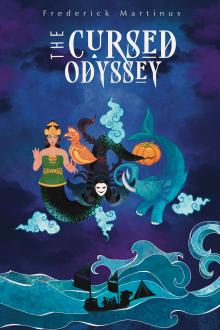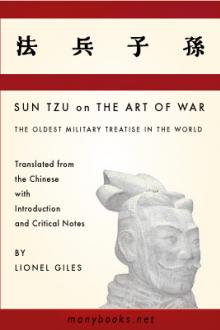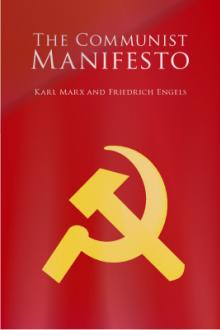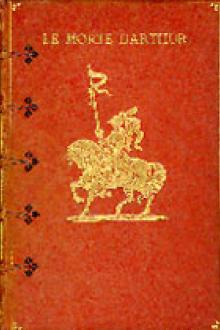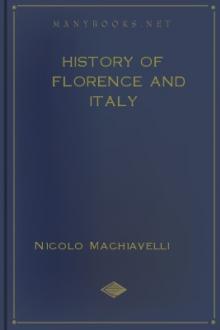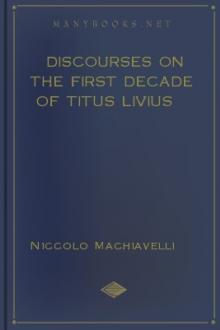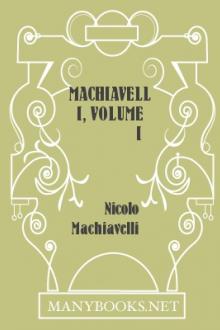The Prince
The Prince
Translated by W.K. Marriott.
Book Excerpt
r VI and his son, Cesare Borgia, the Duke Valentino, and these characters fill a large space of "The Prince." Machiavelli never hesitates to cite the actions of the duke for the benefit of usurpers who wish to keep the states they have seized; he can, indeed, find no precepts to offer so good as the pattern of Cesare Borgia's conduct, insomuch that Cesare is acclaimed by some critics as the "hero" of "The Prince." Yet in "The Prince" the duke is in point of fact cited as a type of the man who rises on the fortune of others, and falls with them; who takes every course that might be expected from a prudent man but the course which will save him; who is prepared for all eventualities but the one which happens; and who, when all his abilities fail to carry him through, exclaims that it was not his fault, but an extraordinary and unforeseen fatality.
On the death of Pius III, in 1503, Machiavelli was sent to Rome to watch the election of his successor, and there he saw Cesare Borgia cheated into allowing th
FREE EBOOKS AND DEALS
(view all)Popular books in Fiction and Literature, Harvard Classics, Philosophy, Politics
Readers reviews
5.0
LoginSign up
When Lorenzo de' Medici seized control of the Florentine Republic in 1512, he summarily fired the Secretary to the Second Chancery of the Signoria and set in motion a fundamental change in the way we think about politics. The person who held the aforementioned office with the tongue-twisting title was none other than Niccolò Machiavelli, who, suddenly finding himself out of a job after 14 years of patriotic service, followed the career trajectory of many modern politicians into punditry. Unable to become an on-air political analyst for a television network, he only wrote a book. But what a book The Prince is. Its essential contribution to modern political thought lies in Machiavelli's assertion of the then revolutionary idea that theological and moral imperatives have no place in the political arena. "It must be understood," Machiavelli avers, "that a prince ... cannot observe all of those virtues for which men are reputed good, because it is often necessary to act against mercy, against faith, against humanity, against frankness, against religion, in order to preserve the state." With just a little imagination, readers can discern parallels between a 16th-century principality and a 20th-century presidency. --
- Upvote (0)
- Downvote (0)
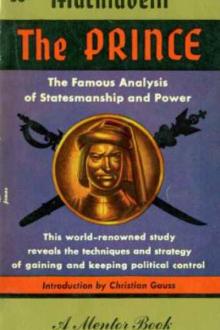
 Free Download
Free Download

